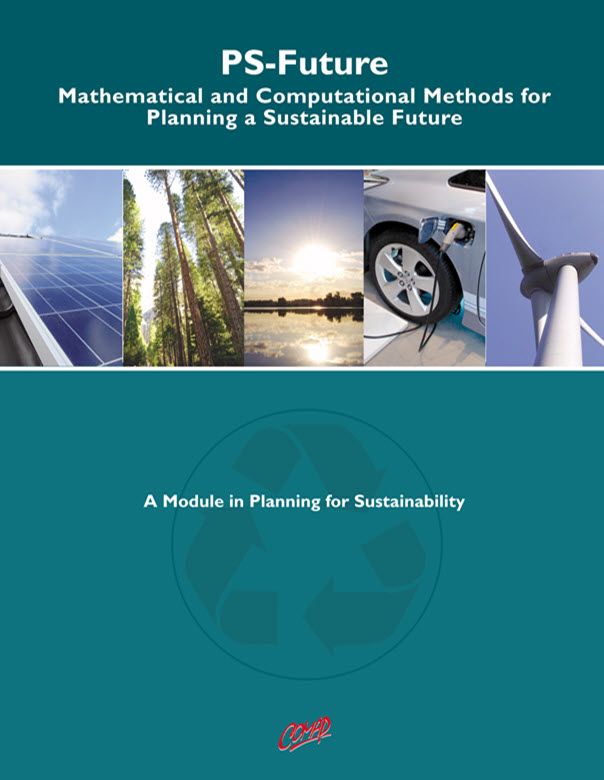Where Is the Water Going? (Student)
Author: Katrina Palmer and Lea Ann Pitcher
About this module:
Historically water has been taken for granted, especially in humid areas like the southeastern United States. This module uses math concepts of estimation and dimensional analysis to understand the discharge rate of water and total volume of runoff. Using geometry concepts of volume and area, students will explore what it really means to get one inch of rain and how it differs between various terrains. Students will calculate runoff and determine where the water goes and the effects it has on the environment.
Summary of module objectives
- Unit 1: The student will identify usable and unusable water and calculate volume of various objects.
- Unit 2: The student will use dimensional analysis to convert rates.
- Unit 3: The student will calculate discharge rates.
- Unit 4: The student will describe the differences between runoff and infiltration.
- Unit 5: The student will estimate runoff of larger communities.
What are the “Big Ideas”?
Students will explore the reasonableness of their answers and begin to connect their assumptions with the accuracy of their conclusion. Students will understand runoff: how to calculate runoff, determine the effects of runoff, and investigate ways to mitigate runoff.
What types of classes could this module be used in?
This module would be appropriate for an algebra or a geometry class. It would fit into a science curriculum dealing with ecology, sustainability, or the water cycle.
Prerequisite Skills
Students should be able to use formulas to calculate volume and should have knowledge of the water cycle.
About the PS-Future project and its modules
The PS-Future project is a collaboration led by Rutgers University involving the Center for Discrete Mathematics and Theoretical Computer Science (DIMACS), the School of Environmental and Biological Sciences, and Heldrich Center for Workforce Development at Rutgers University; the Consortium for Mathematics and its Applications (COMAP); Colorado State University; the Groton School; Hobart and William Smith Colleges; and a number of authors and educators from around the country.
The modules are intended to provide 4-6 days of classroom activities on a variety of topics that apply computational and mathematical methods in sustainability. Each module links to Common Core State Standards (CCSS) in Mathematics and targets content for a particular mathematics course. Each module also addresses disciplinary core concepts required by the Next Generation Science Standards (NGSS), especially targeting concepts taught in Environmental Science and Biology courses. The modules are also particularly suited to address Practice Standards for both mathematics and science.
Each module contains examples of jobs related to the module topic, together with a discussion of the skills and training required, as well as information on the salary and future demand for such jobs. In many cases, specific job titles are mentioned within the modules.

Mathematics Topics:
Application Areas:
Prerequisites:
You must have one of our Free Memberships or a paid Full Membership to download this resource.
If you're already a member, login here.